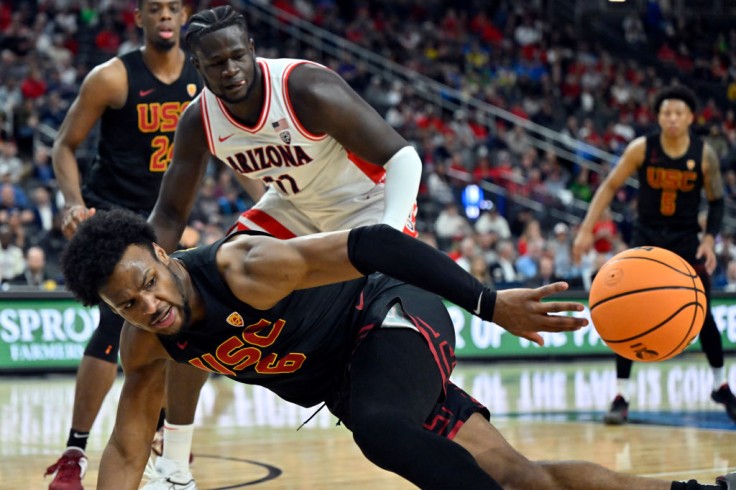
Teen athletes have been revealed to have a higher-risk of pre-hypertension compared to peers their age. A recent study found that these young athletes, ages 10 to 31, have 20% more chances of having pre-hypertension, which is a condition that can lead to high blood pressure and increase the risk of strokes, kidney disease, and heart attacks.
The result of this study highlights the pressing concern for every youth that is engaged in athletics, particularly teenage boys and those involved in multiple sports.
Rising Pre-Hypertension Rates Among Teen Athletes
The recent study thoroughly observed a diverse group of teen athletes and discovered that more than 20% of them met the criteria for high blood pressure.
This condition, characterized by a systolic reading of 130-139 and/or a diastolic reading of 80-89 for stage 1 hypertension and a systolic reading of 140 or higher and/or a diastolic reading of 90 or higher for stage 2, poses significant health risks.
Dr. Aneeq Malik, the lead author and a third-year internal medicine resident at Olive View-UCLA Medical Center, emphasized the importance of awareness to children, young adults, and their parents.
Malik stated that most often, when hypertension is mentioned, people have the impression that it is something that only older people have. However, she debunks it, saying that even the healthiest looking people, like these teen athletes, who engage in physical activity are still at increased risk for it.
The study, which gathered data through heart screening events organized by the nonprofit Saving Hearts Foundation, found that teenage boys were at a higher risk than girls.
Teenage boys were seen to have double rates of stage 1 and stage 2 hypertension. Furthermore, it was also revealed that 28% of athletes participating in multiple sports manifest signs of high blood pressure.
Continued Physical Activity Contributes to Higher Risks
Despite these alarming statistics, Dr. Malik and other experts stress the continued importance of physical activity for young people. Regular exercise is crucial in reducing the risk of metabolic diseases, including high blood pressure, diabetes, obesity, and heart disease.
Dr. Malik noted that just because teen athletes are engaging in sports does not automatically mean that is the reason why these people are at greater risk for hypertension.
The key takeaway from the study is the need for increased awareness and early detection rather than discouraging physical activity.
Dr. Anuradha Lala, a cardiologist at the Mount Sinai Fuster Heart Hospital, underscored the necessity for a proactive approach.
Lala emphasized the obvious need for increased focus and initiatives on preventing it from happening, not just to put efforts into the treatment alone. With that, she adds that a big part of detection prevention is adequate and appropriate screening.
Screening and Prevention: A Path Forward
Teens, guardians, and parents need to know that the study also highlighted the impact of racial and ethnic backgrounds on the prevalence of hypertension in young athletes.
African American and Hispanic participants, for instance, showed higher rates of hypertension. Dr. Lala emphasized that multiple factors, including diet, sleep, and psychological well-being, play a role in developing high blood pressure.
Parents and guardians can help mitigate these risks by ensuring a balanced diet, sufficient sleep, and a supportive environment for their children.
The study's findings, presented at the American College of Cardiology's Care of the Athletic Heart Conference, call for a broader focus on preventive measures and early screenings to address this growing health issue among young athletes.